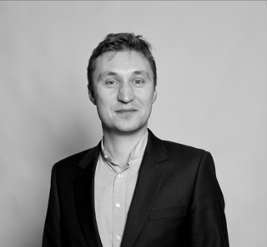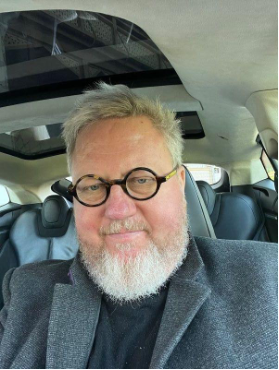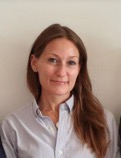Torbjörn Lahrin
Local Digital Twins will be a fundamental building block for CitiVerse. It will also play a crucial role for anyone in the public sector who wants to fully utilize the usage of AI.
Today, cities, regions and countries all over the world are building Local Digital Twins using various tools and approaches. Game engines, CAD tools, GIS, AR/VR/XR tools, Urban Digital Platforms, CIM and other visualisation tools are used. Thus a wide spread of technologies and standards.
Interoperability for Local Digital Twins (LTD) is crucial. They need to fit horizontally and vertically. Horizontally is to put a LDT of one city next to a LDT of another city and make them align. Vertically, by example, a LDT produced by a city must fit LDT from public transportation and LDT by the energy company for the same geographical area, etc.
European CitiVerse will be built upon Local Digital Twins. If separate Local Digital Twins in Europe don't fit together it will be impossible to create a seamless CitiVerse. It will also be difficult with interoperability between LDT:s. The LDT also needs interoperability versus dataspaces and IoT. For a LDT:s to be useful for officials and others, LDT:s need interoperability with the business operating systems used by officials on a daily basis.
In this sense, in the framework of my fellowship, my JWG has sent a survey to many major LDT projects around the world, and we are now gathering the results and statistics. The result will be a gap analysis and a technical report, which will enable advice to all relevant major SDO:s on how to develop or change their standards to fit better together.
To know what other actors are doing all around the world will help stakeholders to navigate and to invest in “right” directions with long term safer investments. Once we get an international reference architecture for LDT:s in place this will give even more security for those parties following the international standard.





